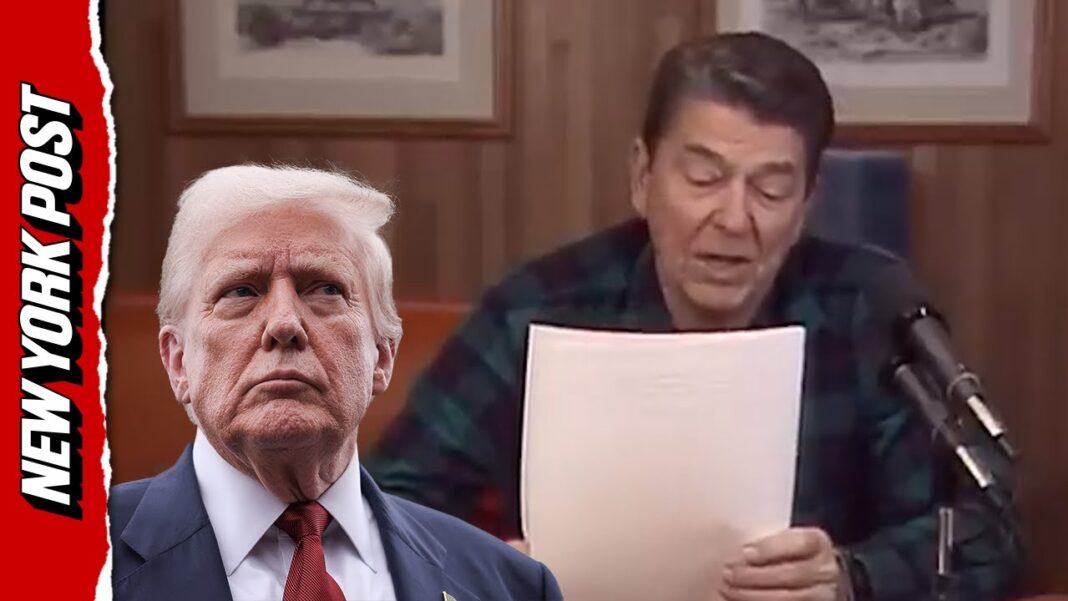Hong Kong increasingly resembles just another mainland Chinese city, the U.S.-China Economic and Security Review Commission says.
Congress should turn President Donald Trump’s 2020 executive order suspending Hong Kong’s special trade status into law, an advisory panel said, citing China’s “complete political control” over the city and its regulatory environment.
The recommendation appears in the U.S.-China Economic and Security Review Commission’s annual report, released on Nov. 18. The commission—an independent body created by Congress in 2000—advises lawmakers on the national security implications of economic and trade relations between the world’s two largest economies.
The section devoted to Hong Kong spans 12 pages of the commission’s more than 700-page report. It describes how, in the five years since the Beijing-imposed National Security Law took effect, Hong Kong has increasingly come to resemble any other mainland Chinese city in both political and economic systems.
The National Security Law was introduced in 2020 in the name of restoring public order after massive protests against a proposed bill that would have allowed extradition to China. In practice, the law has been used to arrest, prosecute, and silence dissidents—both in Hong Kong and abroad—for a wide range of previously protected activities now classified as “subversion.” In 2024, Hong Kong’s legislature passed the Article 23 Ordinance, which further expands Beijing’s oversight by compelling local officials to cooperate with mainland agencies and criminalizing additional forms of political speech.
With these laws in place, Hong Kong is now subject to the same level of repression against free speech and assembly as the communist regime-ruled mainland, the commission said.
“China has completely reneged on its promise to preserve a significant degree of autonomy for Hong Kong under ‘One Country, Two Systems,’ leaving the remnants of rule of law and judicial independence as a thin veneer,” it wrote in the report.
Economically, the report notes, Hong Kong has grown more dependent on mainland China and increasingly aligned with Beijing’s priorities. The city is even beginning to show some of China’s own economic strains, including weak consumer spending and a prolonged property market downturn.
At the same time, Hong Kong’s professional and financial sectors are having a growing presence of mainland firms, as foreign companies scale back operations. The city’s workforce has also shifted: over 90 percent of applicants under Hong Kong’s Top Talent visa program now come from mainland China, many seeking a pathway to permanent residency.
By Bill Pan






